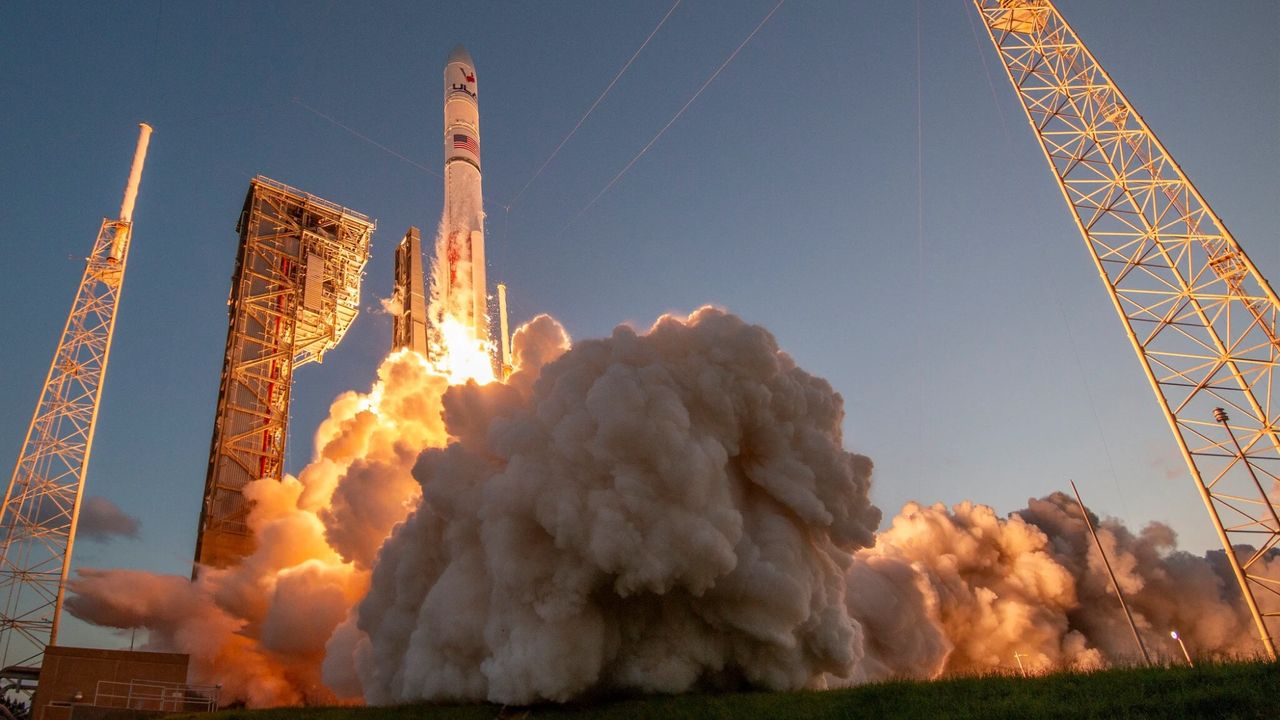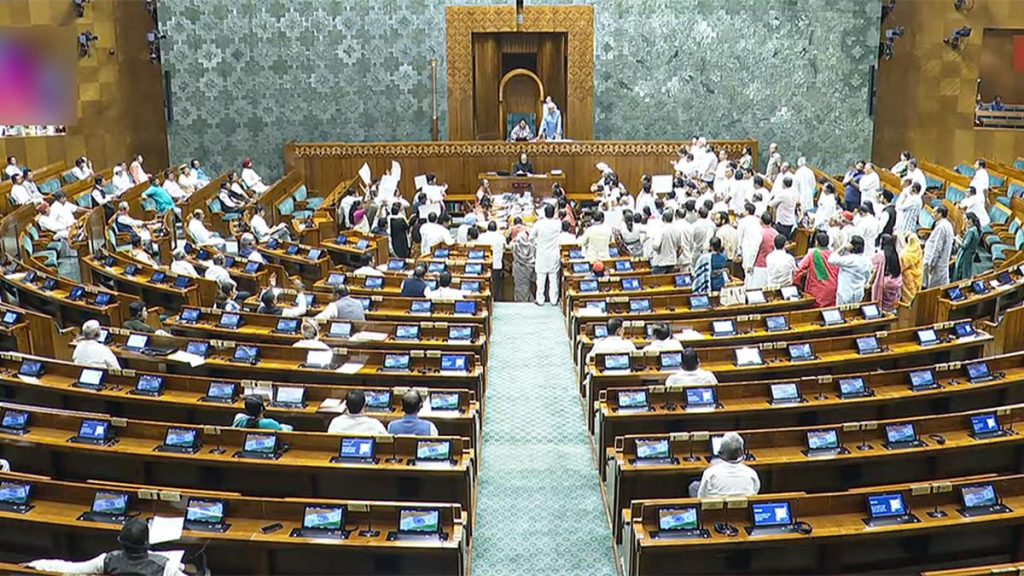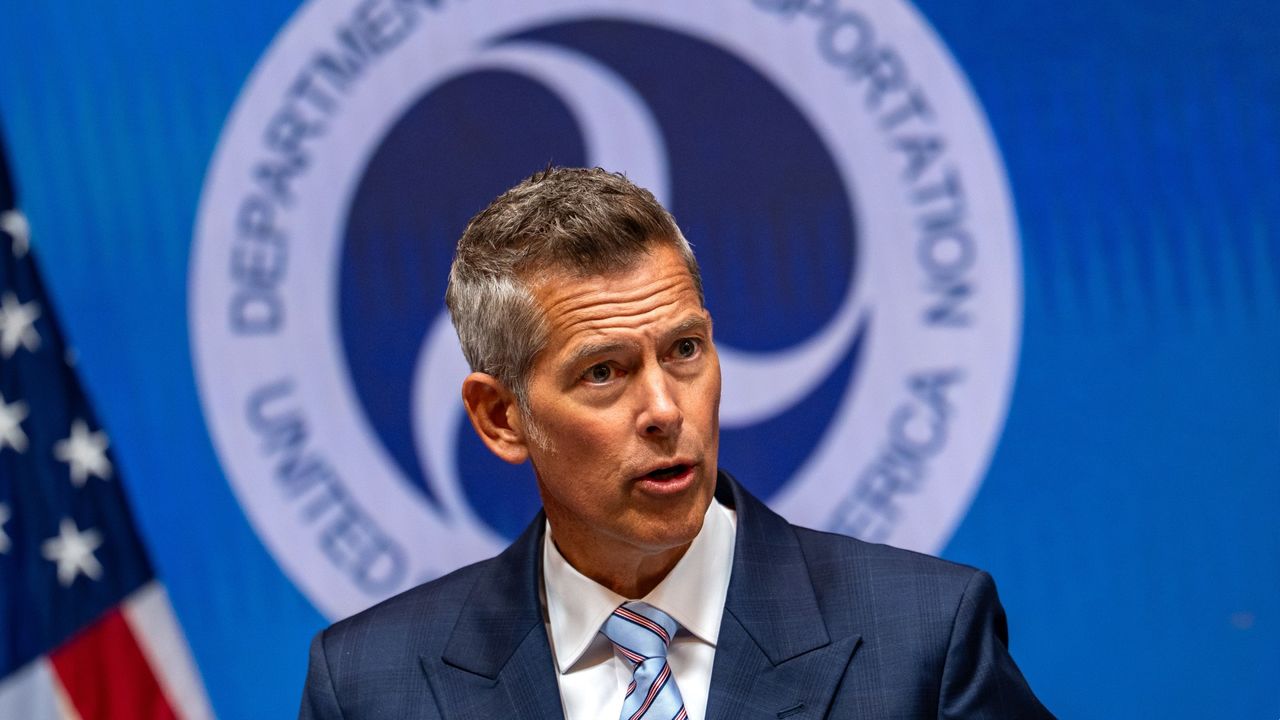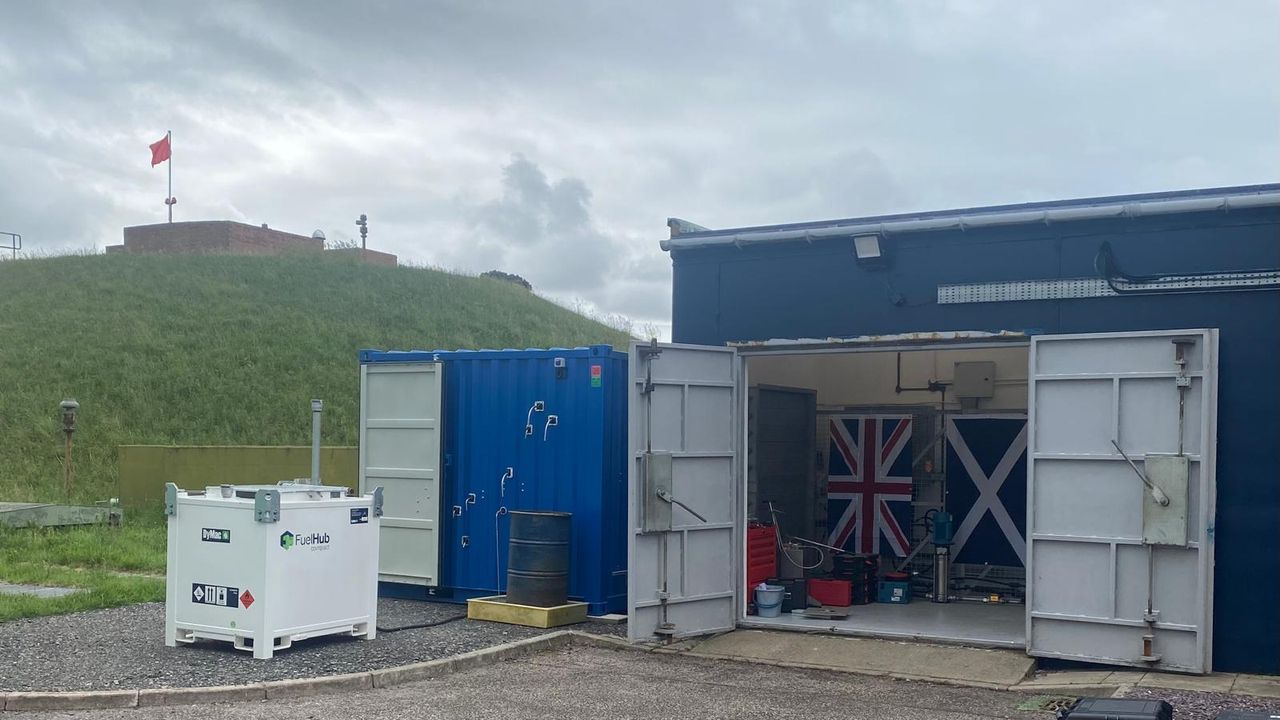Now Reading: Vulcan Centaur to Launch First National Security Mission on August 12
-
01
Vulcan Centaur to Launch First National Security Mission on August 12
Vulcan Centaur to Launch First National Security Mission on August 12

Rapid Summary
- United Launch alliance’s (ULA) Vulcan Centaur rocket is scheduled to conduct its first national security launch on August 12, 2025.
- The mission, USSF-106, will carry payloads for the U.S.Space Force from Cape Canaveral Space Force Station in Florida and deploy them directly into geosynchronous orbit using ULA’s high-performance Centaur V upper stage.
- vulcan Centaur was certified for such missions after successfully completing two prior flights – one in January 2024 and another in October 2024 – despite minor issues during the latter flight.
- This certification doubles the number of U.S. national security launch providers; previously only SpaceX coudl transport these types of payloads following Atlas V’s retirement phase-out by approximately 2030.
- Brigadier General Kristin Panzenhagen described Vulcan’s certification as critical to assuring space access, emphasizing resilience and adaptability for national defense-related systems.
Indian Opinion Analysis
India’s strong interest in space technology makes events like ULA’s milestone notable from both technological and strategic perspectives. as global competition intensifies around accessing geosynchronous orbit-vital for dialog satellites and defense capabilities-India must consistently innovate in this sector through platforms like ISRO or collaboration with international partners. The replacement of aging rocket systems with updated technologies aligns with trends India may cautiously consider when upgrading its fleet of launch vehicles including PSLV or GSLV variants to meet modern standards while ensuring cost efficiency. Maintaining neutrality amidst geopolitical challenges surrounding such advancements will be vital to safeguarding India’s aspirations without dependency shifts occurring crucially secure inward leverage-policy-operation ecosystems structured context relation .























